Messages muted with tragic tones as UN, Israel disagree over aid figures in enclave
From the Al Aqsa Mosque compound in East Jerusalem to other Islamic facilities in Africa, Asia and Europe, Eid wishes this year were muted with tragic tones and eager calls of leaders of Muslim-majority countries for an end to Gaza bloodshed and hunger.
The holy month of Ramadan is ending with the United Nations Security Council Resolution 2728 left in the cold, while an agency of the United Nations suspects Israel could be using starvation as a weapon by limiting food aid convoys.
In his Eid message, Organization of Islamic Cooperation Secretary-General Hissein Brahim Taha said at Eid al-Fitr that his heart "is overwhelmed by Palestinians languishing under unprecedented brutal aggression of the Israeli occupation forces" who "did not give the people space to pray or even observe the Ramadan fast in peace", but rather "intensified their killing, destruction, and starvation".
In his Eid al-Fitr speech on Tuesday, Saudi Arabia's King Salman Bin Abdulaziz Al-Saud reiterated the need to stop attacking the Palestinian people and end their suffering by recognizing their legitimate rights, Arab News reported.
Palestinian President Mahmoud Abbas on Sunday called for limiting the activities of Eid al-Fitr to religious rituals only, citing the difficult circumstances as the result of ongoing fighting in the Gaza Strip, Xinhua News Agency reported.
Palestinian News Agency WAFA reported that Muslim Palestinians in the Gaza Strip performed Eid al-Fitr prayers on the ruins of mosques that had been destroyed by Israeli attacks in shelter schools "to which they were displaced, and in public squares in the rain and cold weather".
UN Secretary-General Antonio Guterres said in his Eid message this year that his heart "is broken to know" that, in Gaza, in Sudan, "and so many other places because of conflict and hunger".
Supplies argument
The UN Office for the Coordination of Humanitarian Affairs said Israel was deliberately delaying and blocking food supplies from entering Gaza in comparison to other forms of humanitarian aid, Arab News reported.
"In northern Gaza, food distribution by humanitarian actors reached only 16 percent of the population," a report from the OCHA stated.
However, Israel accused the United Nations of undercounting aid entering Gaza, saying on Wednesday the UN was using a flawed approach meant to conceal its own distribution difficulties.
While Israel said 419 trucks entered the Gaza Strip on Monday, the main UN agency there, UNRWA, said only 223 trucks had come in on that day.
"The UN's incorrect numbers are a result of their flawed counting method," the COGAT, the Israeli military branch responsible for aid transfers, said in a statement.
Israeli forces kept up combat operations and airstrikes on Gaza a day after Prime Minister Benjamin Netanyahu vowed no let-up in the campaign to destroy Hamas.
U.S. President Joe Biden called Netanyahu's handling of the conflict in Gaza a mistake and called for his government to flood the beleaguered territory with aid, ramping up pressure on Israel to reach a cease-fire and widening a rift between the two staunch allies.
"I think what he's doing is a mistake. I don't agree with his approach," Biden told Spanish-language TV network Univision in an interview that aired on Tuesday night.
Meanwhile, the Council on American-Islamic Relations slammed U.S. Defense Secretary Lloyd Austin after he said the U.S. does not have any evidence that Israel was committing genocide in Gaza in a Senate hearing.
Israel and Hamas are currently engaged in talks meant to bring about a cease-fire in exchange for the release of hostages captured by Hamas who stormed across the border on Oct 7.But the sides remain far apart on key issues, including the return of Palestinians to hard-hit northern Gaza.









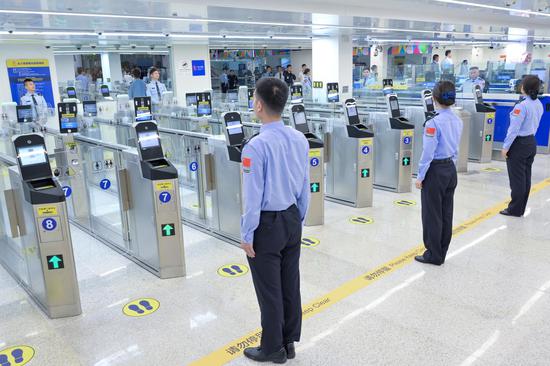

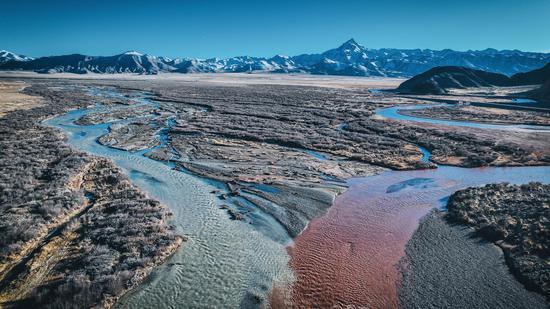




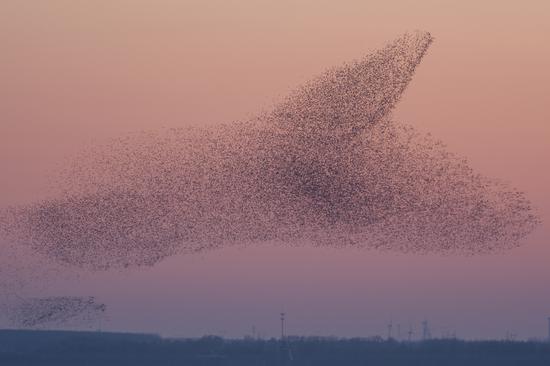




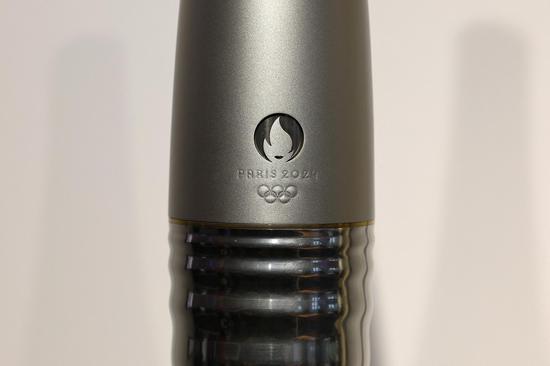
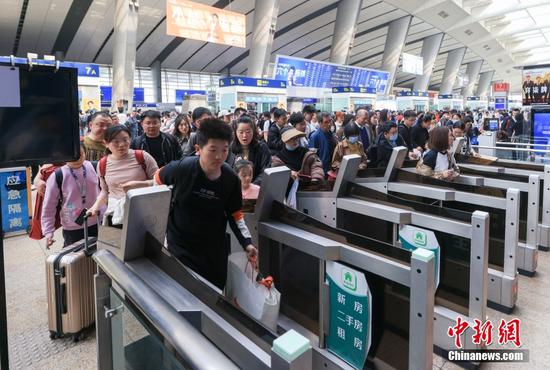




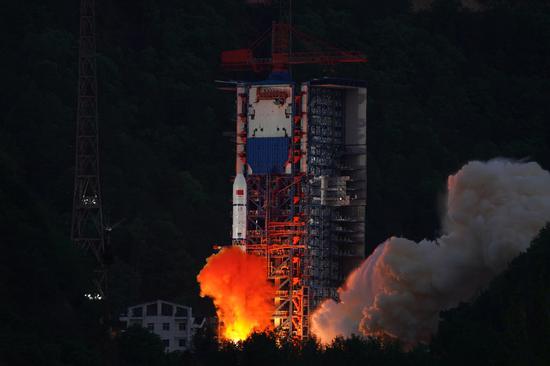

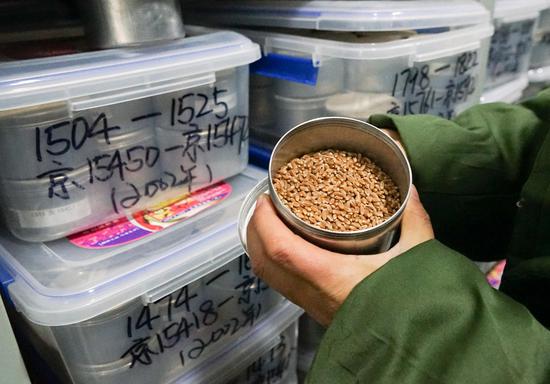
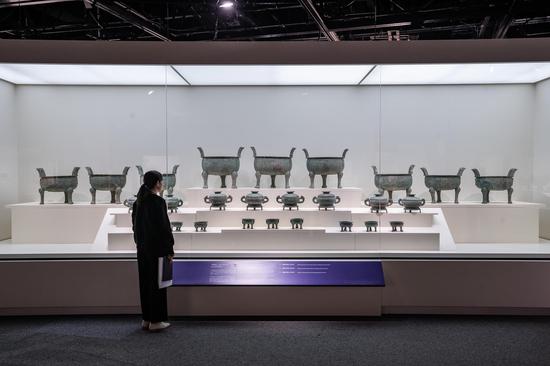
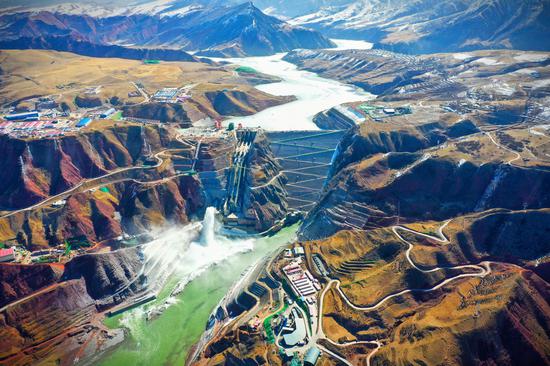



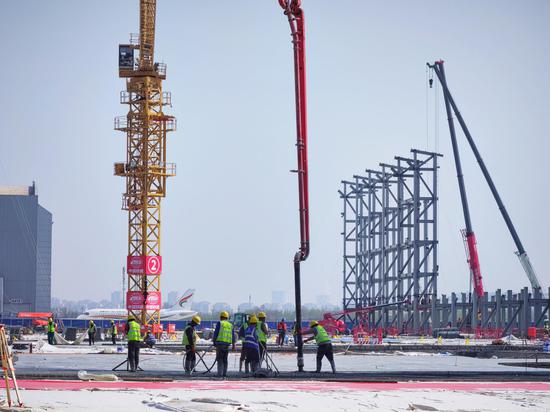




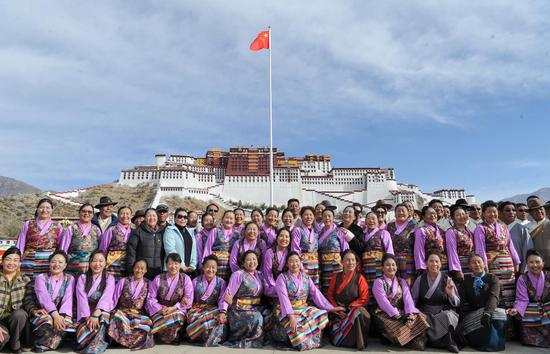
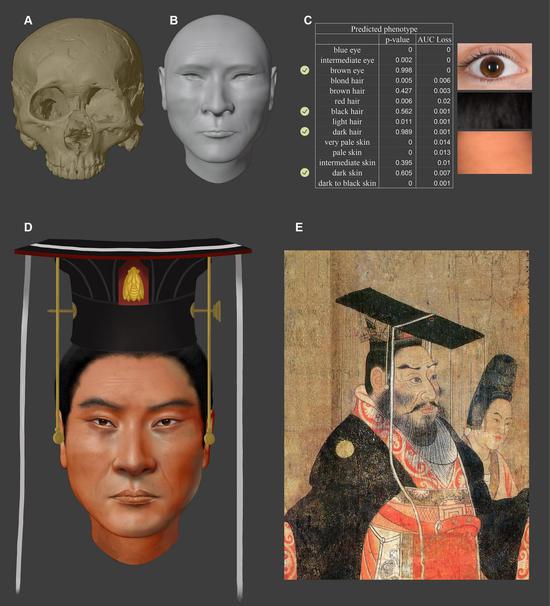

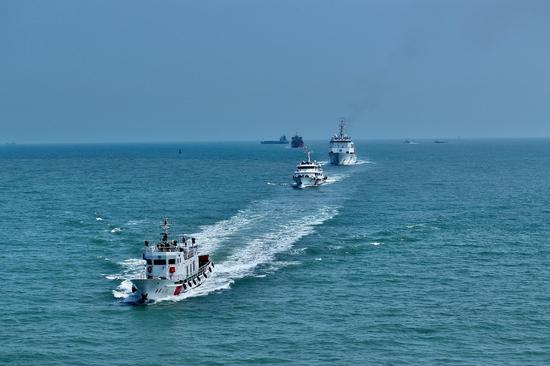






 京公网安备 11010202009201号
京公网安备 11010202009201号